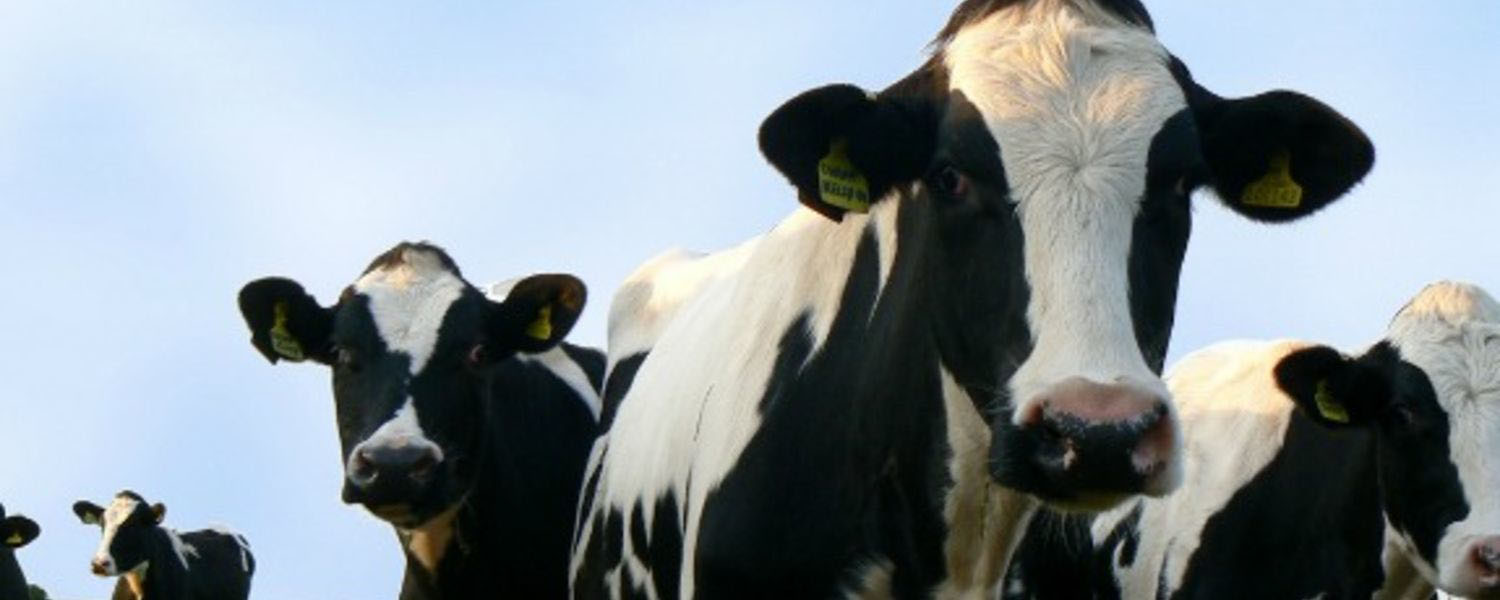Antibiotic resistance is a public health crisis that threatens the lives of millions of people around the world. Yet, according to a new report released Aug. 29, the U.S. policy response fails to adequately address this major challenge. The commission report was authored by 12 antibiotic resistance experts from the fields of infectious disease medicine, veterinary medicine, microbiology, epidemiology and public health, including Tara Smith, Ph.D., professor of epidemiology at ║┌┴¤═°ÔÇÖs College of Public Health.
The report, , is the result of an eight-month collaboration by commission experts to craft a roadmap, consisting of 11 core policy recommendations, to help move the U.S. forward in addressing the contribution of livestock antibiotic use to the growing global threat of antibiotic resistance. The recommendations are aimed at a broad set of stakeholders: federal, state and local policymakers; food companies; institutional food purchasers (i.e., hospitals, schools and universities); and medical groups.
Without more urgent action, the World Health Organization, United Nations and the Centers for Disease Control and Prevention agree we may soon be living in a world where antibiotics are ineffective against many bacterial infections. Leaders from the top medical and public health organizations agree that more prudent use of antibiotics in human medicine and in livestock production is paramount.
ÔÇťAntibiotic use in animals in the U.S. far eclipses human use, accounting for approximately 70 percent of all antibiotic use in this country,ÔÇŁ Smith says. ÔÇťHowever, we have relatively little data on exactly where and how itÔÇÖs being used. We have only total tonnage of the antibiotics that were sold by drug companies, and cannot break that down by animal species or state, for example. This complicates matters when trying to study antibiotic resistance that may arise on farms. The paper provides 11 policy recommendations to help close this gap and to reduce antibiotic use overall.ÔÇŁ
The 11 recommendations are split into three key areas: decreasing livestock use of medically important antibiotics, monitoring livestock antibiotic use, and enhancing surveillance and data integration to inform antibiotic resistance policy.
ÔÇťSome positive policies have been implemented to curb inappropriate antibiotic use in U.S. food animal production, but theyÔÇÖve been too slow and fall far short of what is needed,ÔÇŁ says commission co-chair Lance Price, professor of environmental and occupational health at the George Washington UniversityÔÇÖs Milken Institute School of Public Health and founding director of the Antibiotic Resistance Action Center. ÔÇťAntibiotic resistance is one of the greatest health threats of our time. ItÔÇÖs time for more concrete, comprehensive action from policymakers, food companies, large food buyers and medical groups. We urgently need these policies to protect the public.ÔÇŁ
The full report, executive summary (including recommendations) and appendices can be accessed at .

